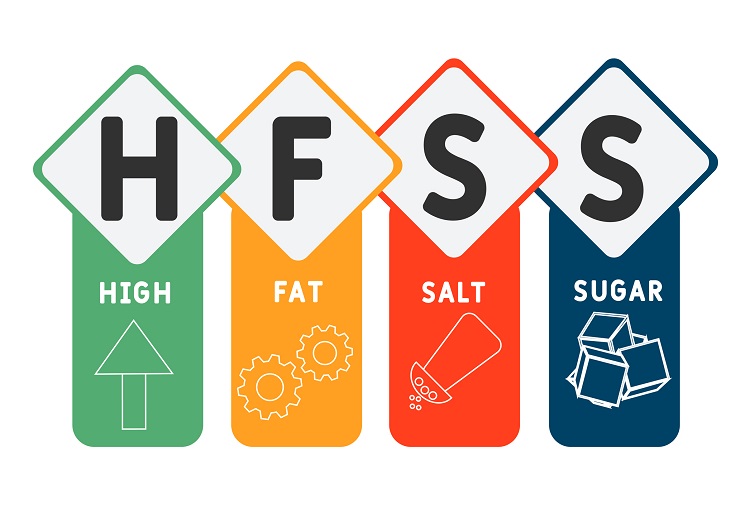Leprino Foods to launch into non-animal casein production as part of partnership with Fooditive
July 18, 2024
Leprino Foods Company has partnered with precision fermentation specialist Fooditive Group to scale up and commercialize non-animal crate production globally.
Casein protein is an important dairy protein, making up about 80% of cow’s milk. It is the building block of cheese that determines the taste and texture. Plant-based alternatives have struggled to replicate these. Precision fermentation enables the production of non-animal casein with these desired qualities while also reducing greenhouse gas and water emissions. This technique involves programming yeast or microbes to create proteins that are genetically identical to the dairy-derived ingredient.
Leprino has a tie-up agreement with Fooditive that will see it become the sole rights holder for casein produced using Fooditive’s precision fermentation platform. The dairy producer will also exclusively distribute and market the product when used in cheese production. The mozzarella maker will also have the non-exclusive right to supply the ingredient for other food applications. This makes Leprino the first global dairy producer to sell fermentation-derived proteins for cheese and other foods.
The Fooditive representative said that under the partnership, Fooditive will use Leprino’s facilities and fermenters for the production of the ingredient. Production will begin “once the integration and preparations are complete,” he added. The initial phase will focus on integrating Fooditive’s non-animal casein into Leprino’s production process. The initial phase of the partnership will focus on integrating Fooditive’s innovative non-animal casein into Leprino’s production processes.
Our strategic vision leads the dairy industry towards a sustainable future. We aim to combine our strengths to expand our portfolio of innovative and animal-free dairy products and improve production efficiency. The partnership will pioneer excellence in the dairy industry and set new benchmarks.
Food casein can be used for many applications, including in dairy products like cheese and yogurt. It is also suitable for desserts, beverages, coffee creamers, snacks, sports nutrition, etc.
Mike Durkin commented: “This agreement highlights our ability and willingness to adapt quickly to new trends and technologies.”
By integrating precision fermentation into our traditional dairy production, our team will explore how non-animal casein from fermentation can add value to our existing product range. The innovation can not only improve our product range, but also promises to reduce the environmental footprint throughout the supply chain while maintaining high standards for functionality, taste and texture.
Samar Abushokhedim, Samar Abshokhedim of Fooditive told DairyReporter that “our collaboration with Leprino Foods represents a significant milestone in the non-animal dairy ingredient industry, highlighting the importance and potential of sustainable innovation.” Leprino Foods will scale up production dynamically based on market and other factors. “This approach allows us to quickly and accurately meet consumer demand for our sustainable, animal-free dairy proteins.”
The dairy alternatives space is being redefined by precision fermentation, from Danone to Leprino
Leprino Foods' announcement follows Danone's decisionAs part of a partnership between biotechnology company DMC Biotechnologies and Michelin, the innovation accelerator will expand its production of bio-based proteins to include precision fermentation.
The French dairy giant will invest in a 10 m3 fermentation tank and a new production line which is expected to be installed in 2025. An expansion is planned for the future.
Danone, unlike Leprino which holds exclusive rights to the production and distribution of fermentation-derived ingredients, aims to reduce bottlenecks, allowing other companies to eventually benefit from the infrastructure.
DairyReporter quoted a company spokesperson as saying the announcement was “a first step for Danone.” The company has also partnered with fermentation startup ImaginDairy and invested in cellular dairy producer Wilk. “We hope to slowly scale up production and open the platform to others. This will help develop new futures in the dairy industry and support ecosystems focused on environmental concerns.”
The ultimate goal of the large dairy company remains to create ingredients that will enhance and improve the functional and nutritional qualities of their products, while reducing the carbon footprint.
Carlotte Lucas said: “Precision fermentation can be used alongside conventional farming methods to diversify the food supply and enhance food security, as well as drive economic growth through green technologies.” I am pleased to see that another major dairy has recognised the commercial potential of developing these products.
We need more companies and governments to invest in large-scale fermentation facilities to increase production. Regulators can help embrace innovation and ensure consumer trust by being transparent. They should engage in dialogue with affected companies, clarifying requirements through tailored guidance documents.


